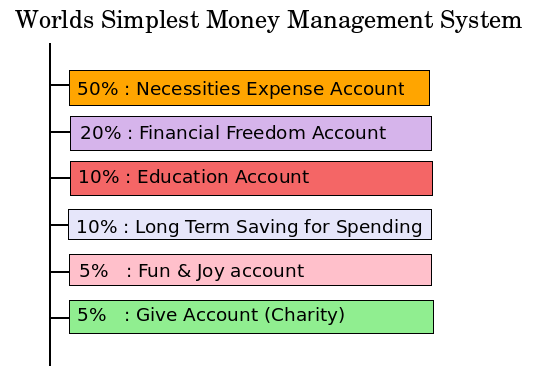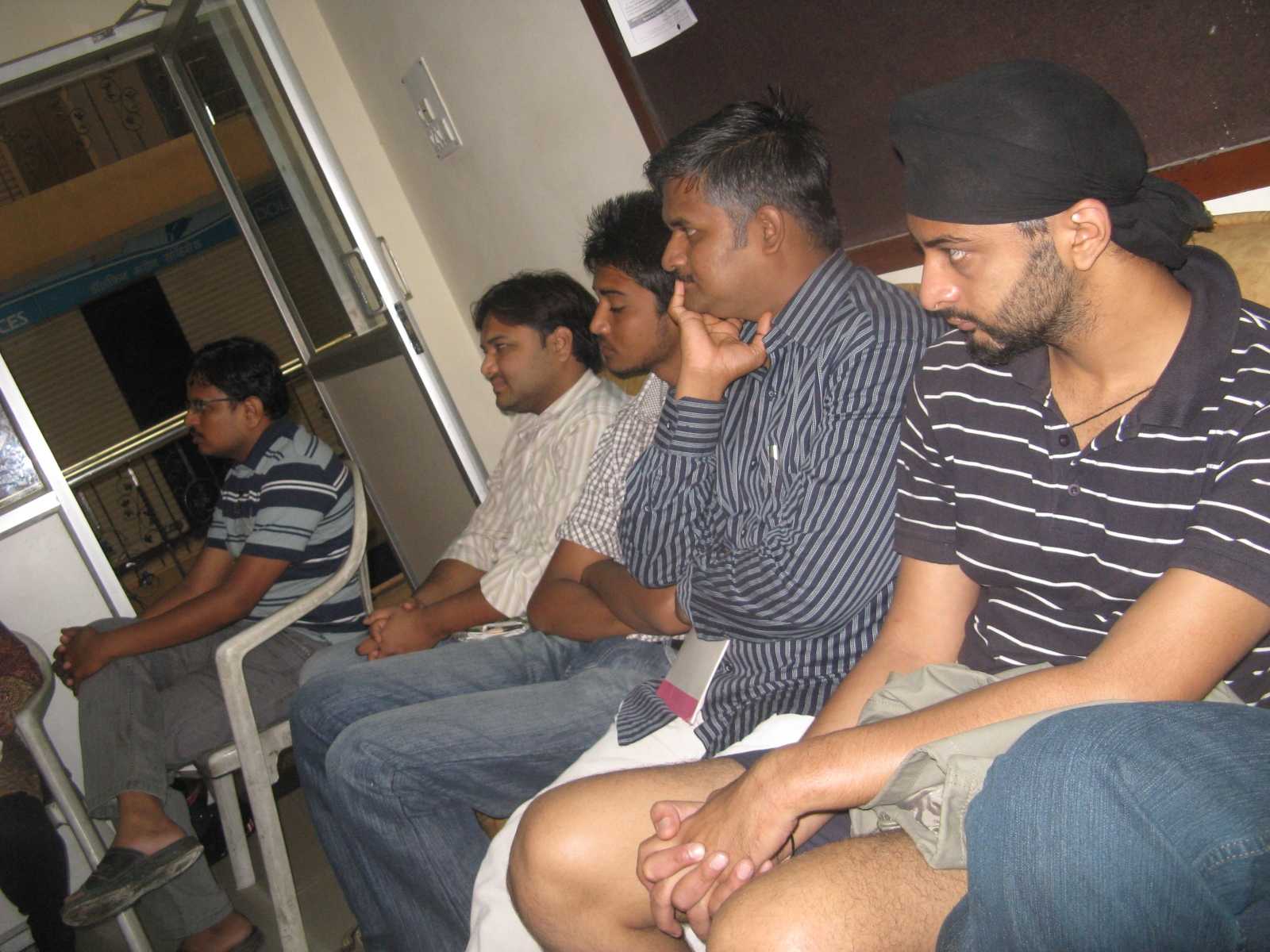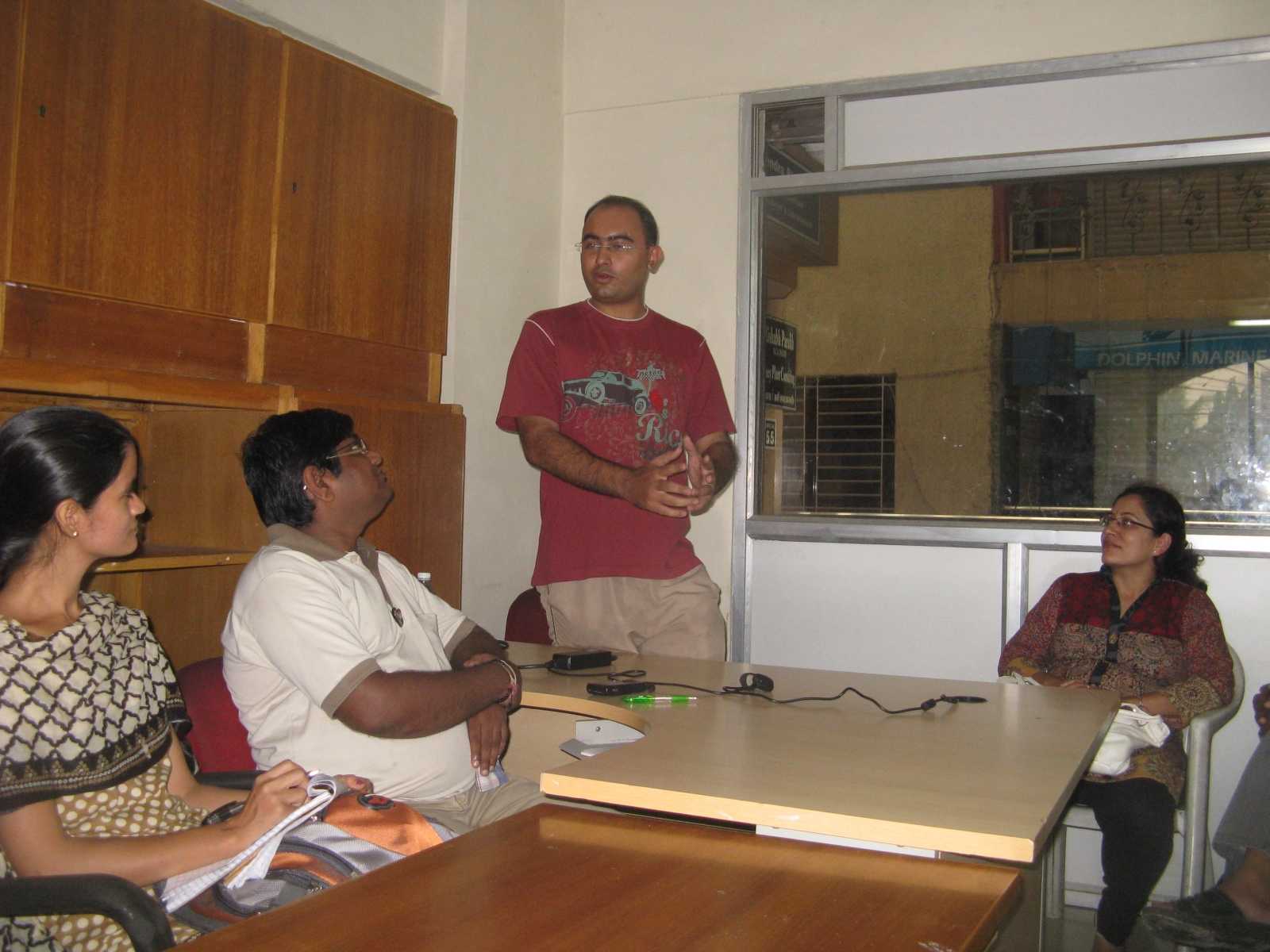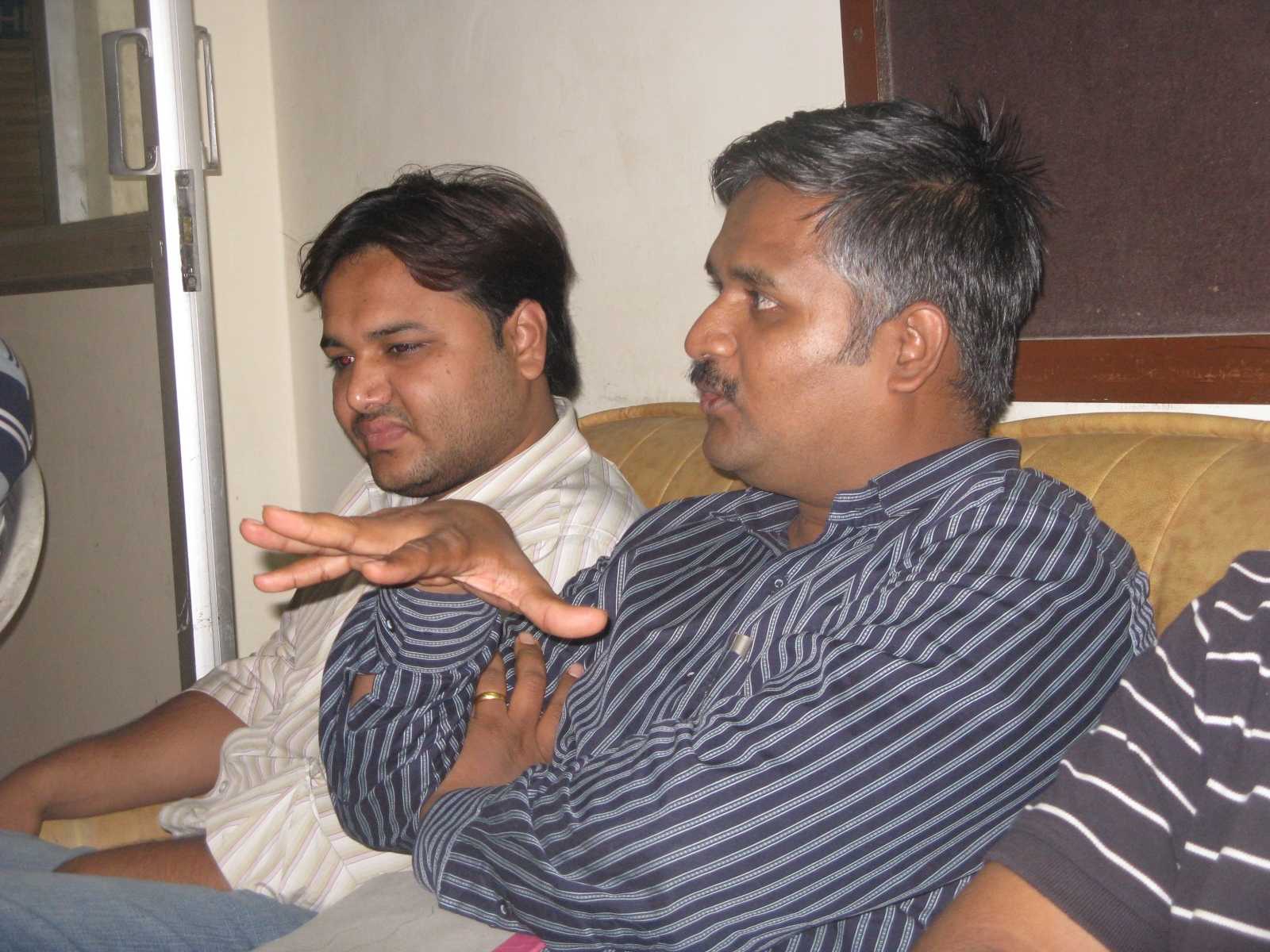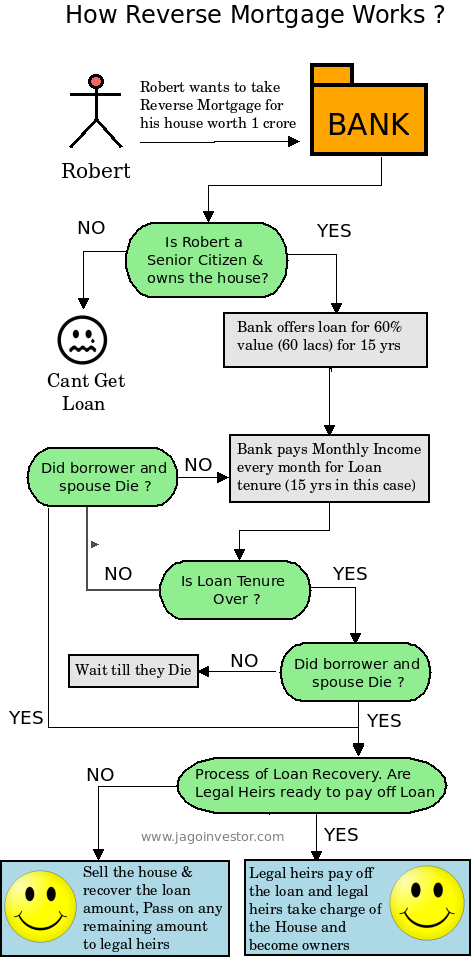There is a very funny conversation regarding Insurance . Do you get these kind of phone calls ? Put your comments 🙂
Ten ways to terrorize a telemarketer (contribution from a reader “shib “)
- When they ask “How are you today?” Tell them! “I’m so glad you asked because no one these days seems to care, and I have all these problems; my arthritis is acting up, my eyelashes are sore, my dog just died.”
- If they say they’re John Doe from XYZ Company, ask them to spell their name. Then ask them to spell the company name. Then ask them where it is located. Continue asking them personal questions or questions about their company for as long as necessary.
- Cry out in surprise, “Judy! Is that you? Oh my God! Judy, how have you been?” Hopefully, this will give Judy a few brief moments of pause as she tries to figure out where the hell she could know you from.
- If ABC calls trying to get you to sign up for the Family and Friends plan, reply, in as SINISTER a voice as you can, “I don’t have any friends… would you be my friend?”
- If they want to loan you money, tell them you just filed for bankruptcy and you could sure use some money.
- Tell the telemarketer you are on “home arrest” and ask if they could bring you a case of beer and some chips.
- After the telemarketer gives their product info, ask him/her to marry you. When they get all flustered, tell them that you could not just give your credit card number to a complete stranger.
- Tell the telemarketer you are busy at the moment and ask them if they will give you their HOME phone number so you can call them back. When the telemarketer explains that they cannot give out their HOME number, you say “I guess you don’t want anyone bothering you at home, right?” The telemarketer will agree and you say, “Now you know how I feel!”
- Insist that the caller is really your buddy Leon, playing a joke. “Come on Leon, cut it out! Seriously, Leon, how’s your momma?”
- And first and foremost: Tell them to talk VERY SLOWLY, because you want to write EVERY WORD down.
How to Attack Back on telemarketers
Pramod Moudgill shares how he attacked back beautifully on telemarketers when he got a call 🙂
- I got a call from CitiBank for Credit Card. I asked them to only talk if they are serious about giving me the card because many call but they do not provide the call so I am really frustrated. The lady said sir what is your income. I said 30k a month to which she replied sir no problem we will definitely issue you a card. Are you salaried or … I said I am business man. What kind of business, “Madam main delhi mein auto chalata hoon”. She immediately reacted sir aapka card nahin ban sakta. Now it was my turn and I started, Kyon ji auto mein kya problem hai maam apna auto hai, sari kishten utar chuki hain, maam main bahut honest aadmi hoon, meter se chalta hoon , jab ek 70k ke Bike wale ko card de dete ho to mere paasv to 2lakh ka auto hai. All the time she was trying to speak but I just continued then finally she said sir co. policy nahin hai & again it was me ..”to pehle kyon nahin bataya mere 2 passenger chale gaye, harjana kaun dega meral loss kaun bharega main auto union mein complaint karunga & blah blah blah… & my no. is now free from citibank calls.
- I got a call from ICICI bank for personal loan. I asked what is the rate, she said 18% . I asked “madam mere paas 2 lakh hain aap mujh se 15% par le lo. ”
She said “sir mujhe nahin chahiye” I said please aap holiday jao, LCD kharido & do what ever you want I am giving at only 15% come on.! Then again she said, “Sir maine bataya na mujhe nahin chahiye” Then I said” So who told you that I need one, jo aapne call kiya, aur aap log kya ek baar batane se maan jaate ho. Aap soch lo Iwill call you tomorrow.”
Comments 🙂 ?

